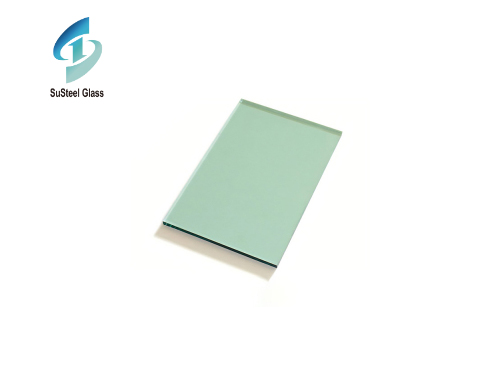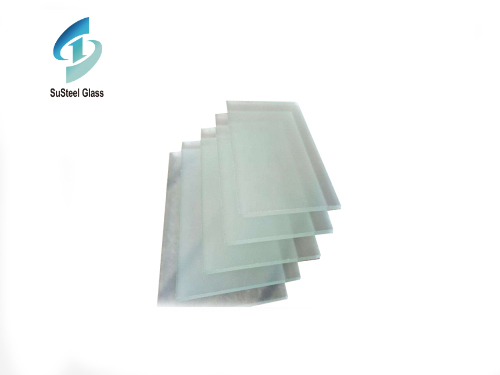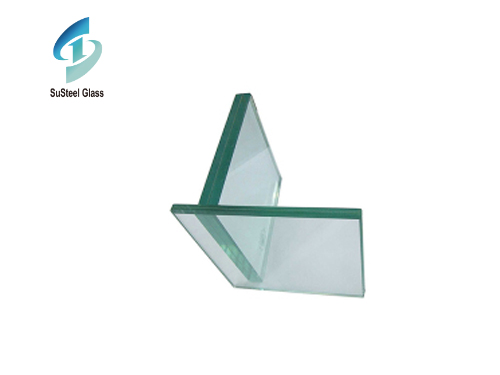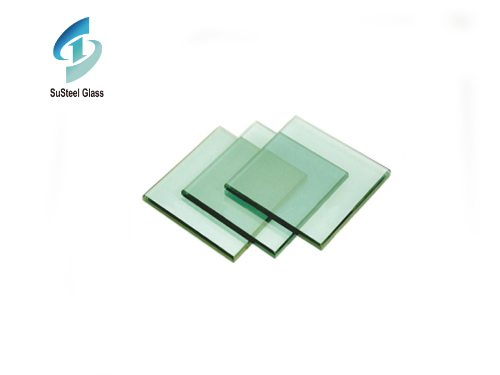
Silicate glass is a type of glass that is primarily composed of silicon dioxide (SiO2), which is also known as silica. It is a popular material used in a wide range of applications due to its unique properties and characteristics. Silicate glass is made by heating a mixture of silica, soda ash, and lime at high temperatures until it melts and forms a liquid. This liquid is then cooled and solidified into a glassy state.
One of the primary properties of silicate glass is its high chemical durability. This means that it is resistant to chemical reactions and can withstand exposure to a variety of chemicals, including acids, bases, and salts. This makes it an ideal material for use in laboratory equipment, chemical processing equipment, and other applications where chemical resistance is important.
Silicate glass is also known for its optical properties. It is a transparent material that allows light to pass through it, making it ideal for use in windows, lenses, and other optical devices. The transparency of silicate glass is due to its lack of impurities and defects, which allows light to pass through it without being scattered or absorbed.
Another property of silicate glass is its mechanical strength. While it is not as strong as some other materials, such as steel or aluminum, it is still a relatively strong material that can withstand a certain amount of force and pressure. This makes it suitable for use in applications where mechanical strength is important, such as in the construction of buildings and other structures.
Silicate glass also has good thermal properties. It is a good insulator, which means that it can be used to prevent heat from escaping or entering a space. This makes it useful for applications such as insulation, where it can help to reduce energy costs and improve energy efficiency.
In addition to its physical properties, silicate glass is also a versatile material that can be used in a wide range of applications. It is used in the manufacture of a variety of products, including windows, mirrors, lenses, laboratory equipment, and more. It is also used in the production of ceramics, which are used in a variety of applications, including in the manufacture of electronic components.
In conclusion, silicate glass is a unique and versatile material that has a wide range of applications due to its unique properties and characteristics. It is a durable, transparent, and mechanically strong material that is also a good thermal insulator. Its versatility and wide range of applications make it an essential material in many industries, including construction, manufacturing, and research.
 Exploring the World of Green Tinted Glass Products: Versatility and Sustainability
Exploring the World of Green Tinted Glass Products: Versatility and Sustainability
 Exploring the Versatility and Elegance of Custom Thick Glass
Exploring the Versatility and Elegance of Custom Thick Glass
 Unveiling the Strength and Versatility of Laminated Glass: Exploring Material Properties
Unveiling the Strength and Versatility of Laminated Glass: Exploring Material Properties
 Enhancing Safety with Blast Resistant Glass: Innovations, Applications, and Protective Solutions
Enhancing Safety with Blast Resistant Glass: Innovations, Applications, and Protective Solutions

